
Politics & Society
Race, sport and media: Questioning the status quo
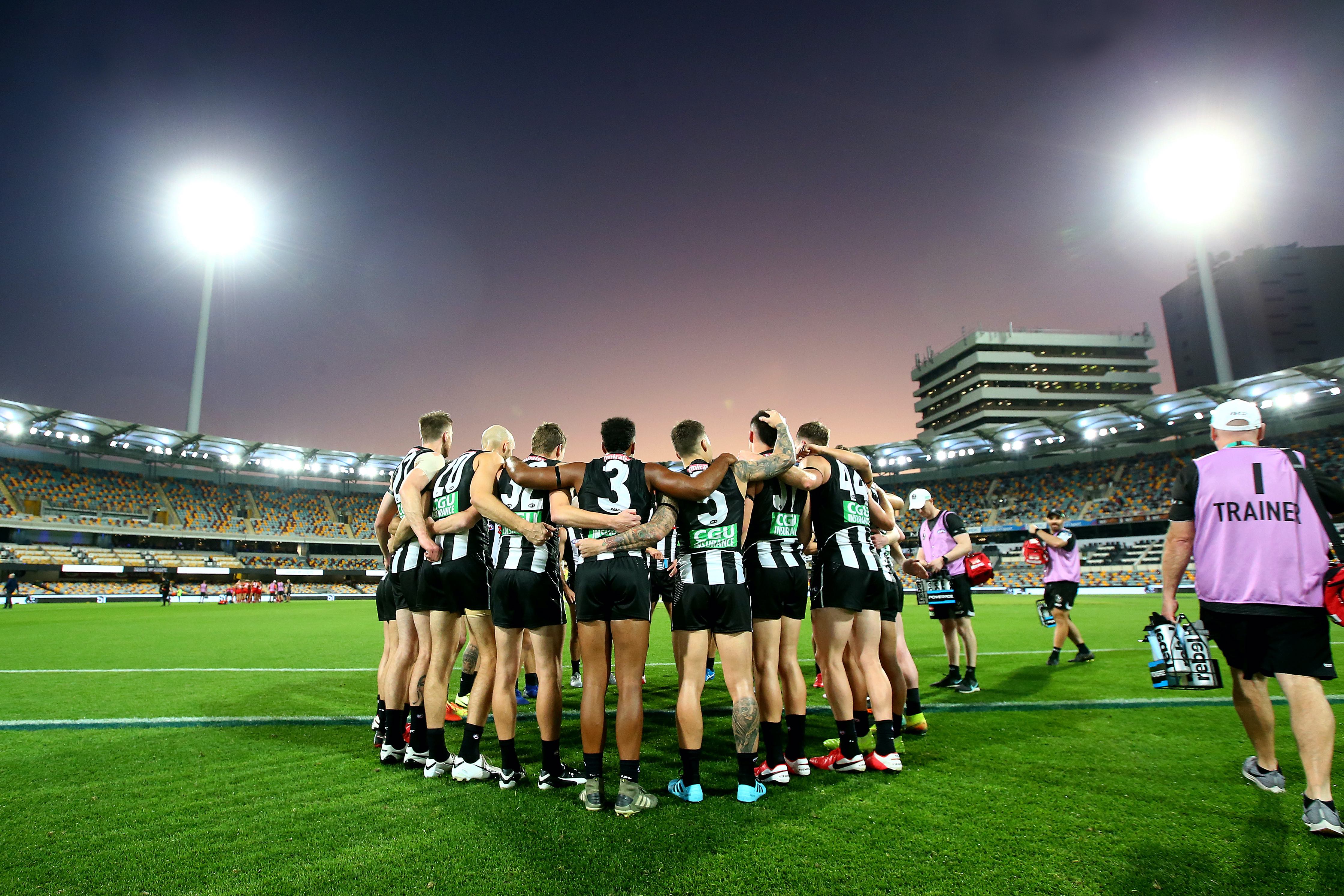
Collingwood isn’t the only club where racism is part of the culture, but the AFL club’s report highlights the ongoing problems of dismantling racism in Australian sport
Published 4 February 2021
The findings of the Collingwood Football Club-commissioned Do Better report – that the club’s culture and processes are ineffective and sometimes counter-productive in combatting racism – were unsurprising.
Having done extensive research with community sports clubs, it’s clear that racism is a feature of sport that is present from the start of many athletes’ careers.
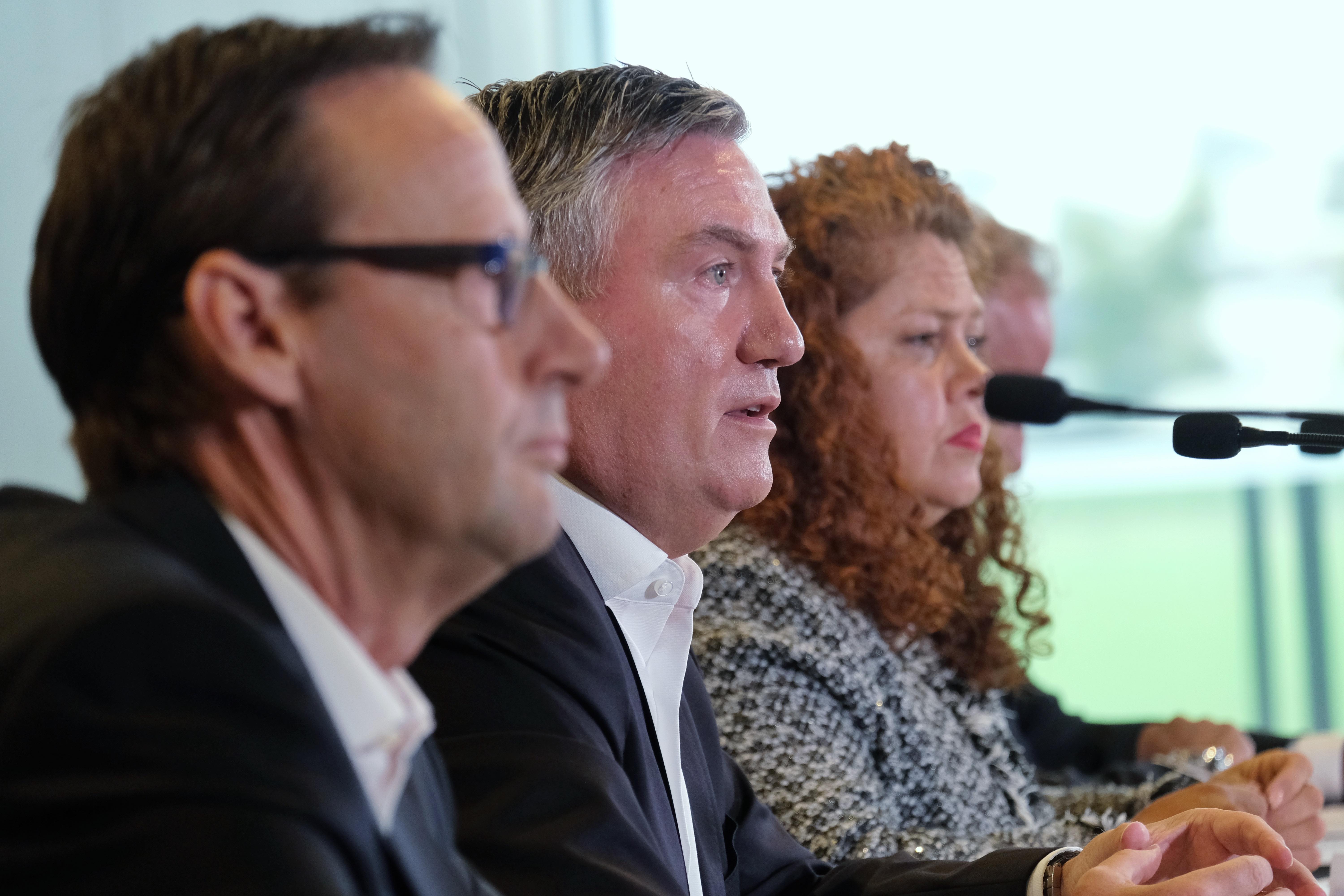
The report’s findings are consistent with critical race theory, which argues that racism is a part of everyday life that benefits white elites in predominantly white societies like Australia.
Since it is part of everyday business, it is invisible and insidious, and it is hard to shift because it permeates all institutions. Since racism benefits the dominant group, they are reluctant to effect real change because it means a shifting of power to others.
According to this theory, change will only come about if the dominant group will benefit and/or when the cost of not making the change is higher than cost of making it.

Politics & Society
Race, sport and media: Questioning the status quo
A good example of this was the racial vilification rules implemented by the AFL in the 1990s – public perception was shaped by the leadership of key Aboriginal footballers and it became too embarrassing for the league to continue to tolerate on-field racism.
In this way there was interest convergence – the interests of the white majority and the minority footballers converged so that change was possible.
Despite the success of its vilification policies, racism continues to be a feature of football clubs. The Do Better report brings this type of racism to the fore.
The report found that racism was experienced by players and fans at Collingwood; “…it is clear that players and fans have experienced incidents of racism and that Collingwood’s response to these incidents has been ineffective, or at worst exacerbated the impact of racist incidents”.
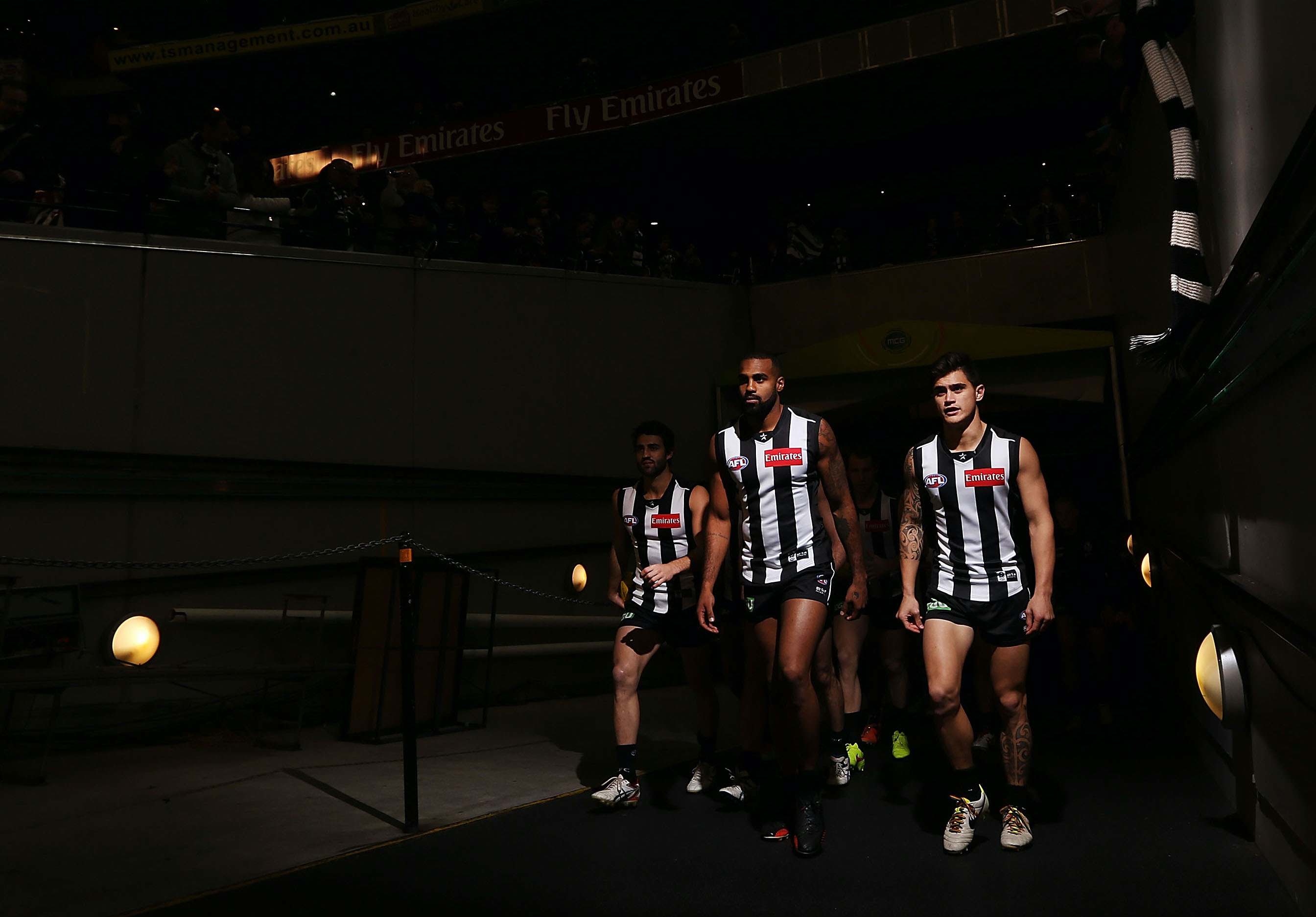
The report found that there were no effective means of making complaints about racism at Collingwood, and when a complaint was made, the response was defensive (more concerned with media coverage than helping victims), and the complainant would pay a high price for complaining.
This isn’t surprising to us because it is exactly what we found in our study of community sport and what is reflected in scientific literature on complaints as a means for supporting diversity.
The lack of effective means for making complaints of racism are present in many organisations, not just in sport.

Politics & Society
Reconciliation and the Anglo-Australian Football League
For those experiencing racism, they must weigh up the likelihood that their complaint will be received well, the likelihood that the racism will stop as a result of the complaint, and the career damage that complaining will cause.
In our research, the costs of making a complaint was almost always considered too high. Only very rarely do victims of racism complain – they know that they are unlikely to be believed or supported, and very likely that they will be pulled from play or experience other repercussions.
It is easier to let it slide. It has to be very bad for someone to complain.
Rather than punishing those who complain, clubs should be fostering a culture where it is unacceptable to speak or act in racist ways to teammates, competitors or colleagues. We need to reward and support people to speak out, and there needs to be accountability and consequences for acts of racism.
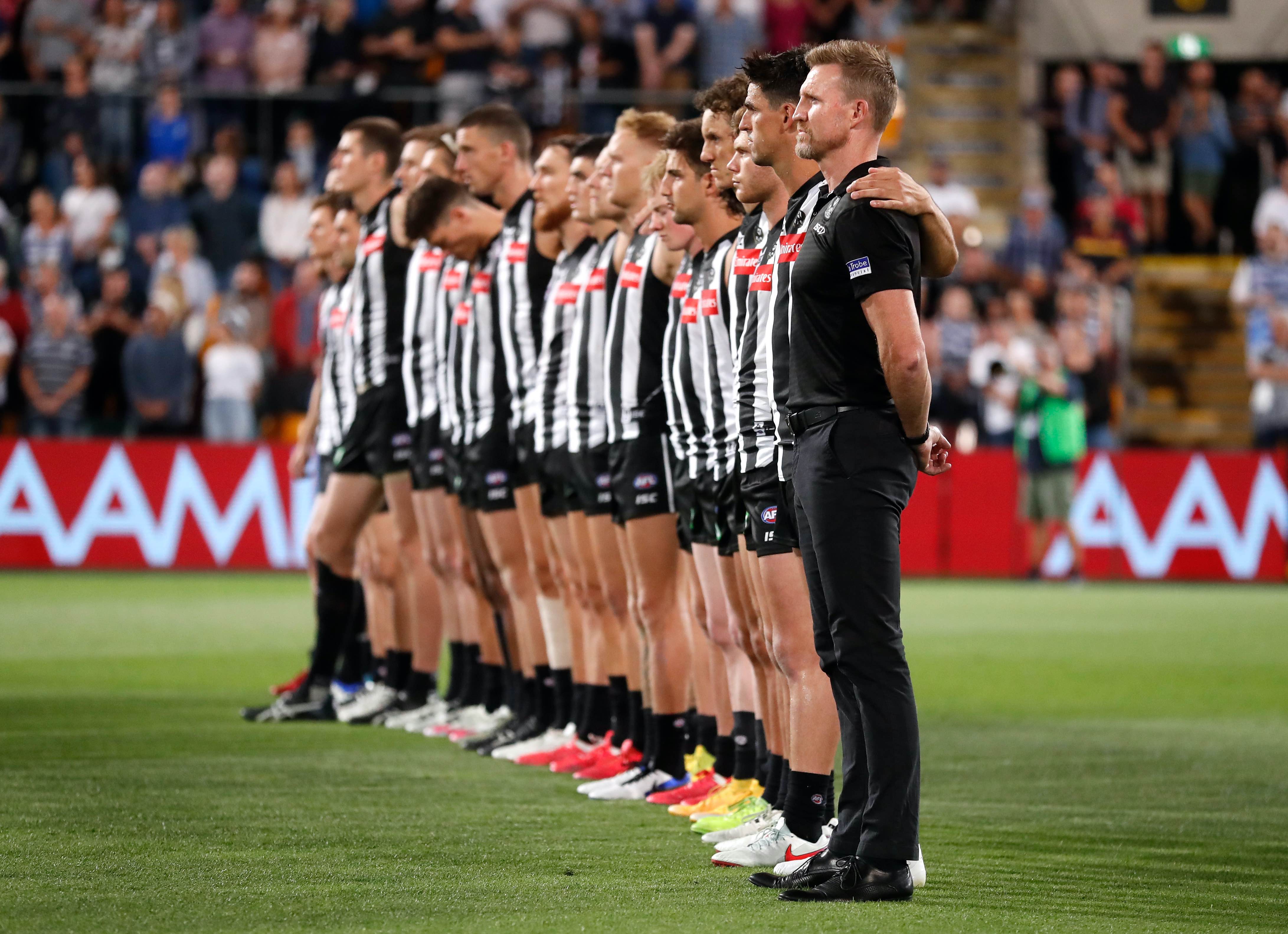
Collingwood’s report calls for diversification of club boards and leadership, including appointing First Nations people to the board.
We would go further – clubs should prioritise developing the leadership potential of First Nations and other non-white players, hire diverse coaching and other staff, and listen to them particularly when they say racism is occurring.
Equally, organisations need to be careful that it’s not tokenistic. There needs to be a critical mass of non-white voices, and they need to have genuine decision-making power.

Politics & Society
Sports can show Australia’s better face
Dismantling racism cannot be the responsibility of those on the receiving end. It’s everyone’s responsibility, especially white people (this is where Collingwood failed spectacularly).
White players and staff should notice and speak out when racism is present. Bystander intervention is one of the most effective ways to combat racism and reduces the risk of repercussions for its victims.
A key finding of the report is that there is a gap between what Collingwood says it stands for and what it practices around diversity and inclusion.
It is easy to say “we are welcoming and inclusive”, but in order to be welcoming and inclusive, there needs to be a zero-tolerance approach to racism.
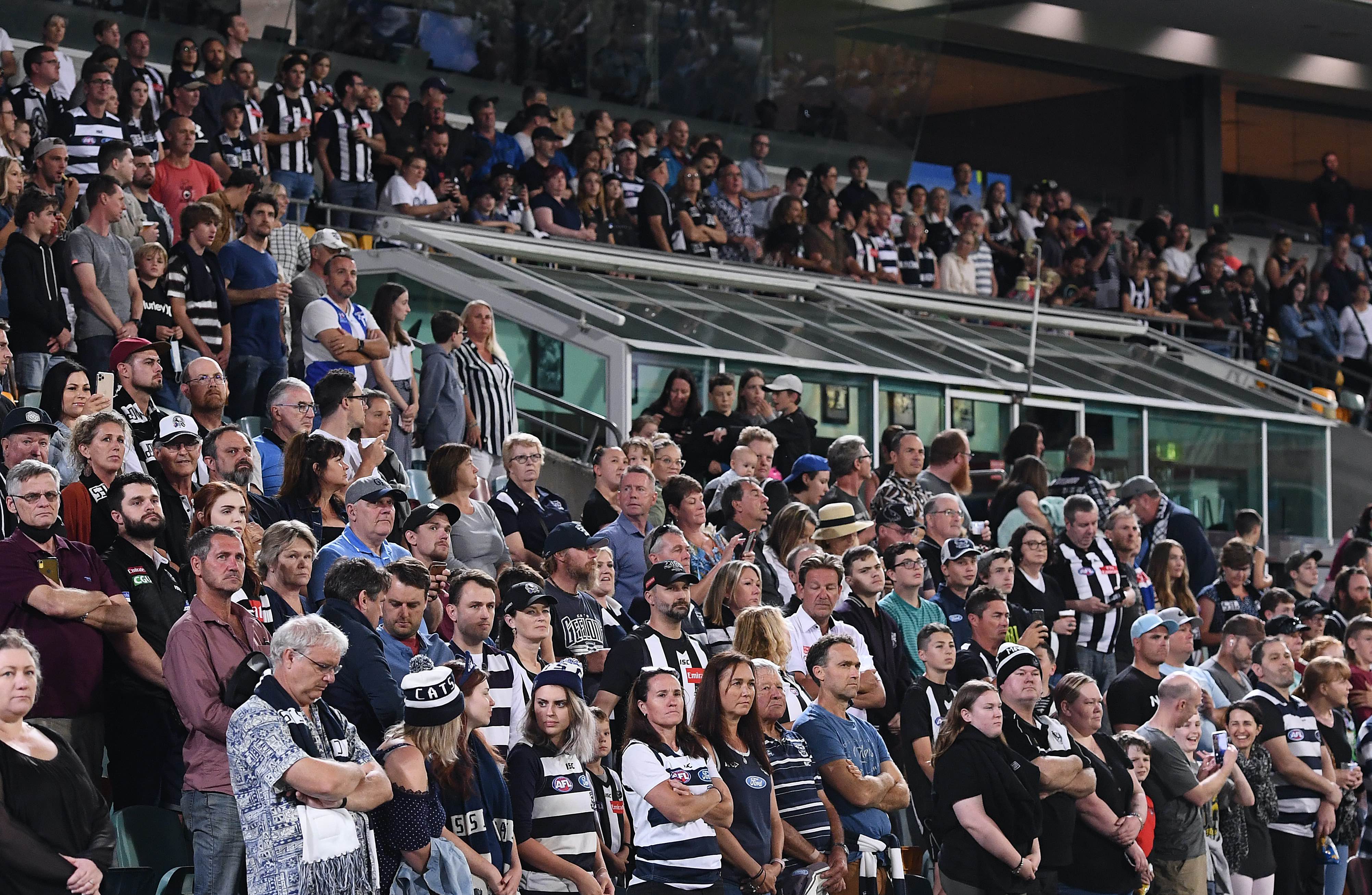
Culture change must be accepted and supported organisation-wide and not be left to individuals. Change has to come both from the top down (board/leadership), and from the bottom-up (individuals speaking out).
Perhaps now is a moment when interests converge and real change is possible.
The Do Better report provides recommendations to Collingwood that should be considered across the sector. Because make no mistake, our research at the community level would suggest that Collingwood isn’t the only club where racism is part of the culture.
Banner: Getty Images